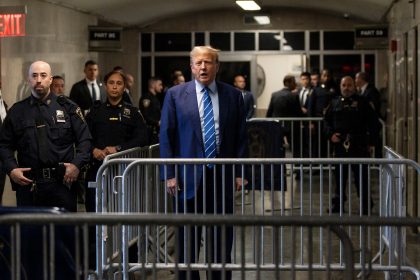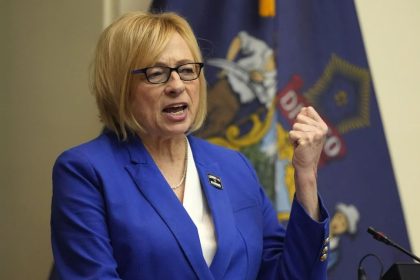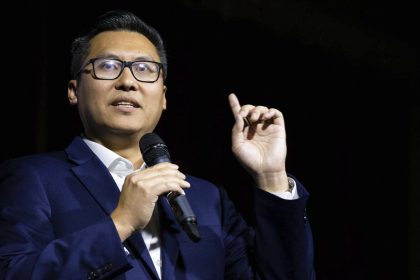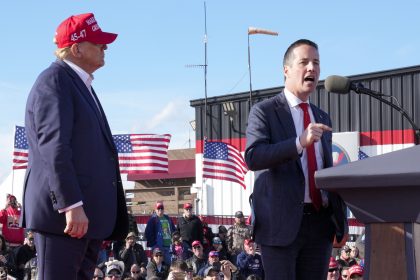New York Lawmakers Seek to Increase Turnout in Local Elections
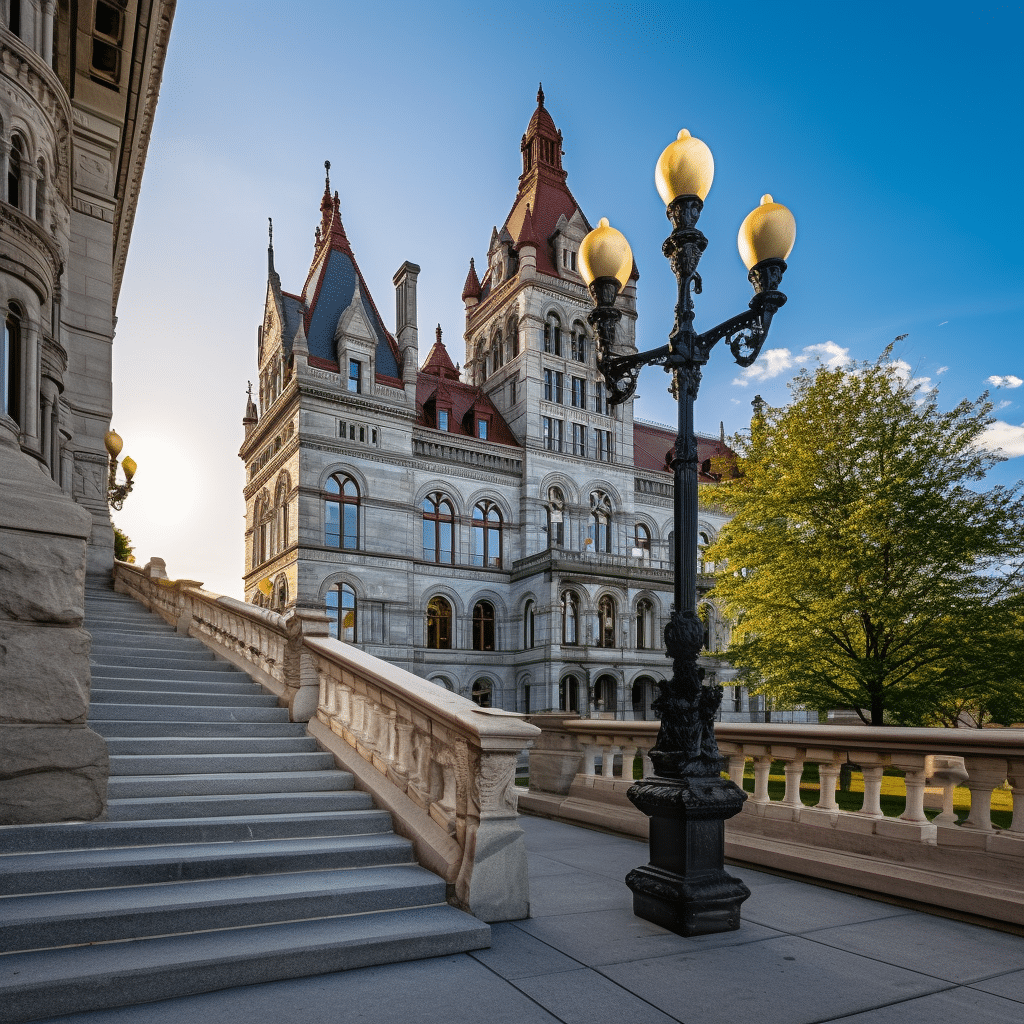
ALBANY, N.Y. — New York state lawmakers concluded the 2023 legislative session this weekend passing key election and campaign finance bills.
On the election front, the most notable bill would move some of the state’s local elections to even-numbered years, aligning them with presidential and congressional election cycles.
The change would apply to races for county executives and county Legislatures, but would not apply to contests in New York City, nor would it apply to elections for county clerks, district attorneys, judges or sheriffs outside of the city.
Democrats, who hold the majority in the state Legislature, maintain the move will greatly increase participation in local elections that have gone wanting for voters in the past.
Republicans in the Legislature, however, accused the Democrats of a power grab, noting that the latter party tends to do better across the state in presidential election years.
Speaking of presidential election years, lawmakers in Albany, New York, also managed to set the date of the 2024 New York presidential primary. It will be held on April 2.
The vote on New York’s primary date came just days before lawmakers in Connecticut tried but failed to move their primary date up before adjourning their legislative session.
The bill was backed by both the state’s Democratic and Republican Party leadership and had passed the state House overwhelmingly.
But the bill ran into opposition in the state Senate and died there.
As a result, Connecticut’s 2024 presidential primary will remain in its previously scheduled place on April 30.
In a joint statement, Democratic Party Chairwoman Nancy DiNardo and Republican Party Chairman Ben Proto lamented the Legislature’s failure to act, saying “moving the presidential primary election from the last Tuesday in April to the first Tuesday would have allowed Connecticut to join several other New England states, including New York, bringing more candidates, visibility and business to our state, and giving Connecticut voters a greater voice in their party’s presidential nominee.”
Back in New York, on Friday lawmakers passed a number of amendments to the state’s campaign finance law, angering critics who said the changes would primarily bolster the electoral chances of incumbents and discourage challengers.
The changes come just four years after lawmakers imposed public campaign financing rules in a bid to stem the influence of special interests.
Under the terms of the program, candidates for office received matching donations for small-dollar contributions raised within their districts.
Among the changes approved Friday was one that would raise the number of in-district donors required to qualify for matching funds.
Another expanded the public matching funds program, previously intended to encourage small donations, so that it would supplement donations as large as $18,000 with matching funds from taxpayers.
In a joint statement, a number of watchdog groups, including Reinvent Albany, the Citizens Union of the City of New York, Common Cause New York, the League of Women Voters, and the New York Public Interest Research Group, said they believe the changes do “huge structural damage to the state’s landmark public campaign finance law and is counter to the law’s goals.”
“The public campaign finance law was established to amplify the voices of small donors in a state known for pay-to-play scandals connected to its high contribution limits,” they said.
“The law made it so that only donations of up to $250 could be matched with public funds. Under this bill, a $10,000 donation to a state senator from a corporate CEO with state contracts will be matched with $2,300 from the state,” they continued. “No serious person would ever argue that this helps build a stronger, more inclusive democracy.
“The bill also makes a number of changes that appear intended to protect incumbents, such as raising the number of donations needed to receive matching funds, and reducing the amount of public funds that Assembly candidates can receive,” the groups said.
“Candidates who do not have strong connections to wealthy donors will find it much more difficult to meet the thresholds under this proposal.
“Finally, we note that while the 2020 public campaign finance law was the product of years of campaigning and months of public discussion, these changes are being introduced in the last few days of session, with little time for the public to review or even understand this complicated and lengthy proposal. How is this democratic?” they concluded.
Dan can be reached at [email protected] and at https://twitter.com/DanMcCue


















